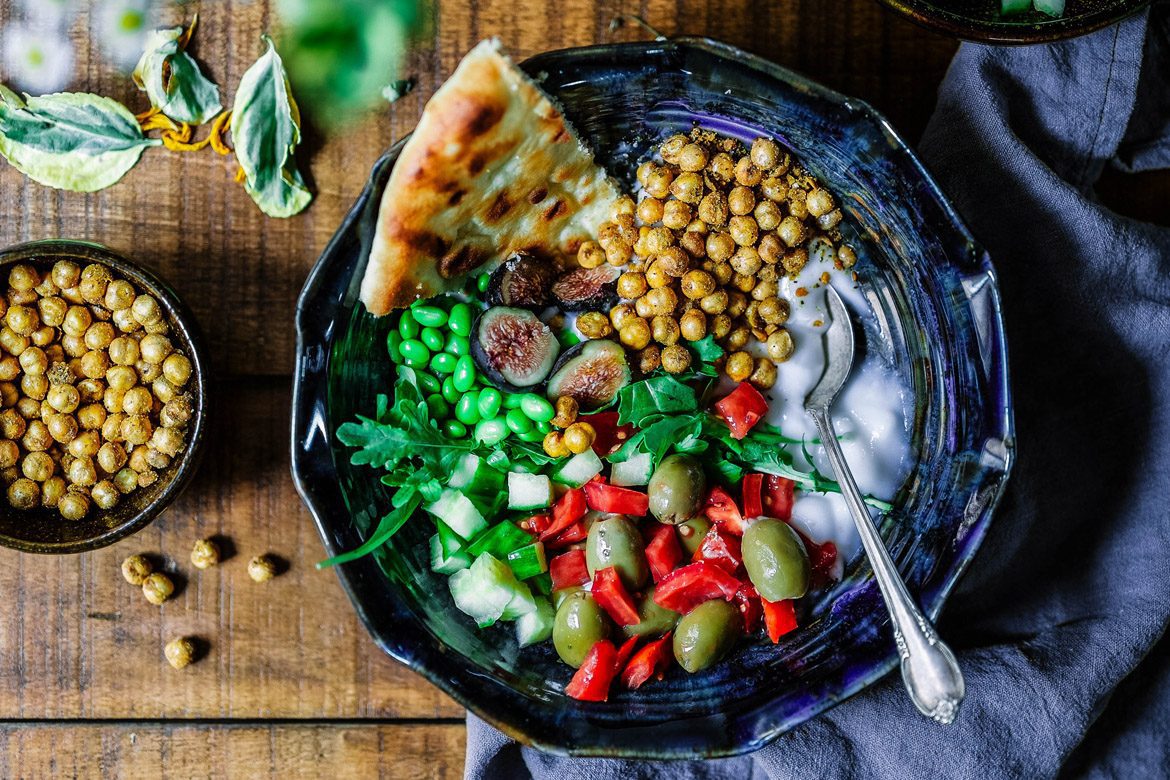By Layla Parker
The nine long months of pregnancy can be a trying time for a woman. There is a lot to deal with, such as the morning sickness, the weight gain, and the cravings. You are also tasked with the responsibility of ensuring you get your required nutritional needs during pregnancy. Accordingly, with proper planning and the right nutrition, you will have come to find the nine months of carrying a child to be one of the most exciting periods in a woman’s life.
There are a lot of changes that occur in the body of an expectant mum, which is why it is essential that you get the right diet to be able to sustain the hormonal changes that occur during pregnancy. This article tries to point out some of the major foods to include in your diet if you are expecting a baby.
Please note: This is not intended as medical advice. Consult a health professional to learn more about your specific requirements.
What foods should you eat?
It is difficult for the body to function properly if it doesn’t get the required nutrients to promote healthy growth. During pregnancy, it is advisable that you eat a wide variety of food, but you also want to ensure that you eat mainly natural instead of processed or junk foods. You need to eat more fruits and vegetables as they are beneficial to both you and your baby. Also, lean proteins such as lentils, beans, fish, and chicken should also be a part of your diet.
The truth is that you don’t necessarily have to avoid all the food you love to eat, but need to ensure that you stick to nutritious meals that provide you and your baby with the required vitamins and minerals. Protein is essential as it promotes the growth of fetal tissue and brain. It also helps to improve blood supply between mother and fetus.
You should also get enough calcium in your diet as it helps to build fetal bones. Some healthy sources of calcium include yogurt, cabbage, milk, eggs, and cheese. Folic acid is also one of the essential nutrients you need in your diet when expecting a baby; this is because it helps to reduce the risk of congenital disabilities that can affect your baby’s brain and spinal cord. Good sources of the folic acid include nuts, liver, eggs, and dark green leafy vegetables.
Dealing with increased nutritional needs
It is common to feel a lot hungrier when you are pregnant compared to when you are not, which is why you must have heard the saying “eating for two” when you are pregnant. The truth is that you don’t necessarily need to increase the amount of food you eat, what you do need to do is to ensure that you eat more macronutrients and micronutrients to cater for you and your baby’s nutritional needs. Micronutrients are nutrients required in a small quantity such as minerals and vitamins, while macronutrients are those needed in large amounts because they provide you with the necessary energy such as carbohydrates, fats, and proteins.
The daily nutritional requirement for pregnant women includes:
- Calories: increase your calorie intake by 300 at the second and third trimesters
- Calcium: 1200 milligrams
- Iron: 27 milligrams
- Folate: 600 – 800 micrograms











